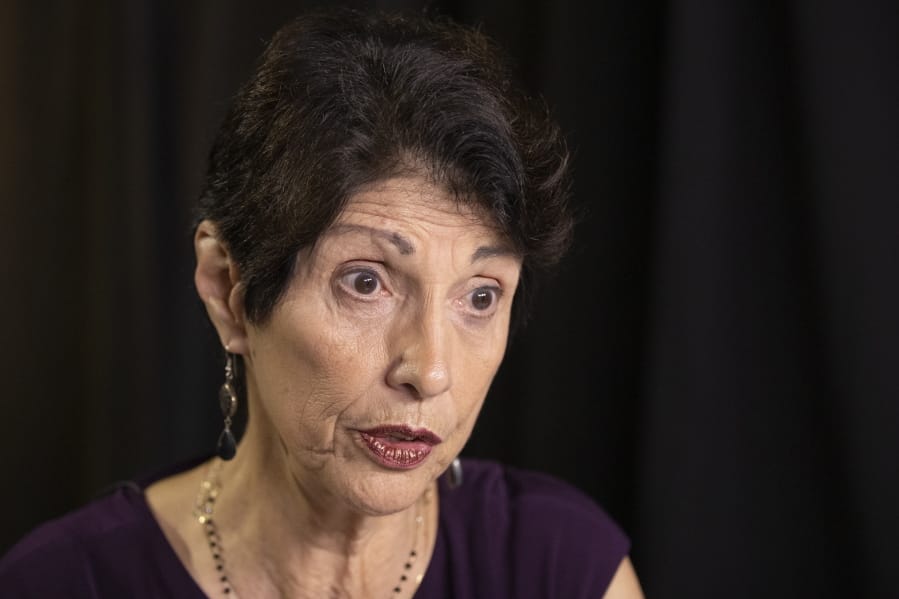WASHINGTON — Relatives of Americans who are wrongfully imprisoned abroad or held hostage by militant groups say in a report that the U.S. government must do better in communicating with them, though they cite improvements over the past five years.
Several of those interviewed for the report issued Thursday say they do not believe that the cases of their loved ones have the attention of the highest levels of government. In particular, family members of Americans detained by foreign governments on trumped-up charges are less satisfied with the attention and information they receive than are relatives of hostages held by militant or criminal groups.
The report from the James W. Foley Legacy Foundation is based on interviews with 25 former hostages and detainees as well as their relatives and advocates. It cites improvements in the government’s response since U.S. officials overhauled the hostage policy five years ago, but says relatives still want more complete and accurate information and clarity about which agency is supposed to help them. Some, for instance, want the government to declassify more information so that it can be more easily shared, or to provide limited security clearances.
The report is the latest outside effort to scrutinize how the government interacts with hostages and detainees and their families back home. It examines the changes to hostage policy that were instituted by the Obama administration in 2015 and that largely remain intact under President Donald Trump. Those include the creation of an FBI-led hostage recovery fusion cell and the appointment of a State Department envoy for hostage affairs.
Though the hostage policy overhaul sought to establish lanes of responsibility within the government’s response, several of the report’s participants expressed confusion about which agency was supposed to be their primary point of contact.




